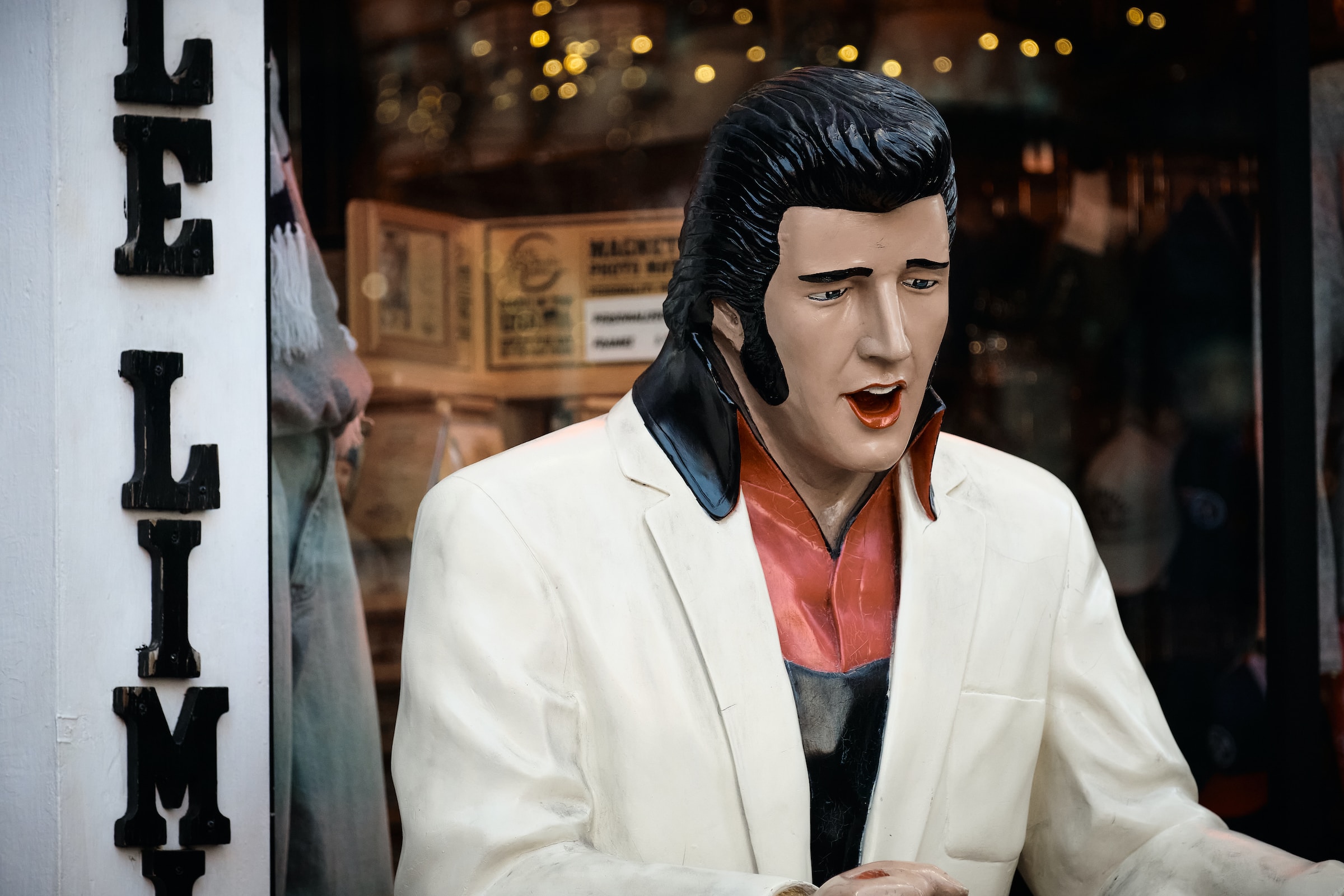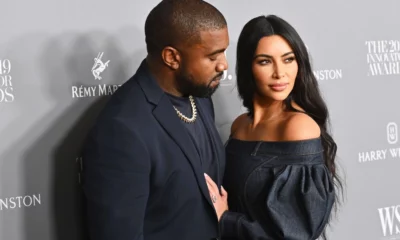Music
The Evolution of Pop Music: From Elvis to Beyoncé
Pop music has been a force to be reckoned with in the music industry for decades, constantly transforming and adapting with each passing generation.

Pop music has been a force to be reckoned with in the music industry for decades, constantly transforming and adapting with each passing generation. From the rock and roll pioneers of the 1950s, such as Elvis Presley, to modern-day superstars like Beyoncé, pop music has undergone an undeniable evolution. In this article, we will explore the changes that have taken place in pop music over the years, highlighting the key artists who have left their mark on the genre.
The Emergence of Pop Music
Pop music came to the fore in the 1950s, thanks to the rise of rock and roll. Combining elements of blues, country, and R&B, the genre quickly became a staple of popular culture. Elvis Presley was one of the most significant figures of this era, pioneering rock and roll and capturing the hearts of fans around the world with his dynamic stage presence and unique vocal style.
The British Invasion and the Beatles
In the early 1960s, a new wave of pop music emerged with the Beatles leading the charge. Hailing from Liverpool, England, their music fused rock and roll, pop, and folk, and spoke to a generation undergoing significant social and cultural changes. The Beatles inspired a wave of British bands, such as the Rolling Stones, the Kinks, and the Who, that took over the airwaves and became known as the British Invasion.
The Dominance of Disco
Disco music became the dominant genre of pop music in the late 1970s, fusing funk, soul, and R&B with an emphasis on dance beats. Artists like Donna Summer, the Bee Gees, and Chic made it popular, and disco quickly became associated with the nightlife and dance clubs. Disco’s catchy melodies, pulsating basslines, and upbeat rhythms made it a cultural phenomenon, as exemplified by the movie Saturday Night Fever, starring John Travolta.
The 1980s and Pop Divas
The 1980s was a decade of excess, and pop music reflected the cultural zeitgeist. The era saw the rise of pop divas like Madonna, Whitney Houston, and Janet Jackson, known for their powerful voices, elaborate stage shows, and provocative images. Madonna, in particular, pushed the boundaries with her music and videos, challenging social norms and breaking new ground.
The 1990s and Boy Bands/Girl Groups
The 1990s witnessed the rise of boy bands and girl groups, who dominated the pop music scene. Bands like the Backstreet Boys, NSYNC, Destiny’s Child, and Spice Girls were all the rage, known for their catchy tunes, synchronized dance routines, and good looks. Their music appealed to a younger audience and became synonymous with teen culture.
The 2000s and Pop Princesses
The 2000s saw the emergence of pop princesses like Britney Spears, Christina Aguilera, and Beyoncé, who led the way. These artists were known for their powerful voices, elaborate stage shows, and provocative images. Their collaborations with hip-hop artists helped to bridge the gap between pop and hip-hop, and their music became a defining sound of the era.
Beyoncé and the Future of Pop Music
Beyoncé is a pop icon who has redefined the genre in many ways. With a career spanning over a decade, her music has evolved with each album, drawing on a range of influences, including pop, R&B, and hip-hop. Her powerful vocals, elaborate stage shows, and feminist themes have won her a legion of fans, and she has used her music to address social issues such as race, gender, and sexuality.
Pop music has a rich history and has played a significant role in shaping the music industry. The genre has continuously evolved over the years, and its impact on popular culture is undeniable. As we move forward into the future, we can expect pop music to continue to change and evolve, with new artists emerging and new styles emerging.
With the rise of digital technology and social media, pop music has become more accessible than ever before. New artists can quickly gain a following and share their music with fans around the world. This has led to a more diverse range of voices and styles within the pop music scene.
In recent years, there has been a trend towards a more globalized pop music industry. Artists from around the world are gaining popularity and breaking into the mainstream music scene. This has led to a fusion of different musical styles and cultures, creating a new era of pop music that is more diverse and inclusive than ever before.
In conclusion, pop music is a genre that has been shaped by many different artists and cultural movements over the years. From Elvis Presley to Beyoncé, each era has had its pop icons that have left a lasting impact on the genre. As we move forward, we can expect pop music to continue to evolve, reflecting the changing attitudes and values of each new generation. With its global reach and accessibility, pop music will continue to be a cultural force for years to come.
















